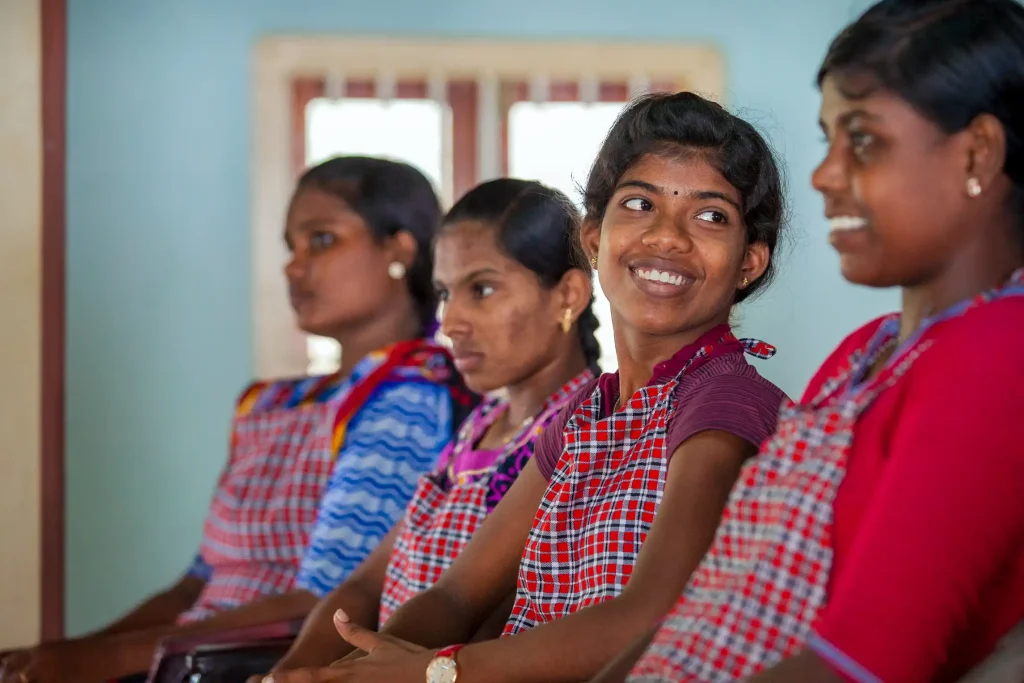The National Population Commission (NPC) in Nigeria highlighted the disproportionate impact of Covid-19 on women and girls during a press conference in Osogbo on July 9, 2020, marking World Population Day.
Federal Commissioner for Osun State, Senator Mudashiru Hussein, represented by Dr. Ayeni Olu Emmanuel, emphasized the economic and medical challenges faced by women during the lockdown.
Economic Hardships in the Informal Sector
Hussein noted that the informal sector, employing 80% of Nigerians, was severely affected by the lockdown, with women, who dominate this sector, facing greater economic setbacks than men. Daily-paid workers struggled to access income, exacerbating financial strain for women.
Reduced Access to Healthcare
The lockdown hindered women’s access to reproductive health facilities, potentially worsening Nigeria’s maternal mortality rate of 556 deaths per 100,000 live births. Limited logistics and mobility restrictions compounded these challenges, restricting essential medical care.
Surge in Gender-Based Violence
Hussein reported a significant rise in gender-based violence (GBV) during the pandemic, including rape, physical, and emotional assaults, with women and girls as primary victims. These incidents crossed age, economic, and ethnic lines, with some resulting in fatalities.
NPC’s Commitment to Action
The NPC pledged to continue generating demographic, health, and socio-economic data to advocate for women and girls, advising the government on policies to mitigate the pandemic’s adverse effects. The commission aims to safeguard the health and rights of women under the 2020 World Population Day theme, “Putting the Brakes on COVID-19: How to Safeguard the Health and Rights of Women and Girls Now.”






